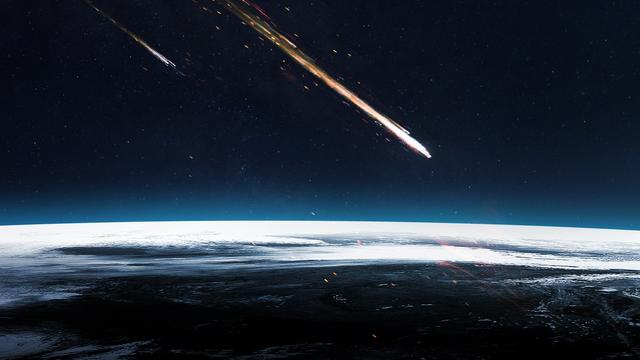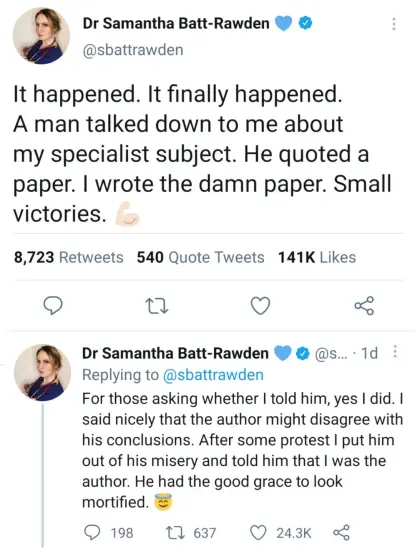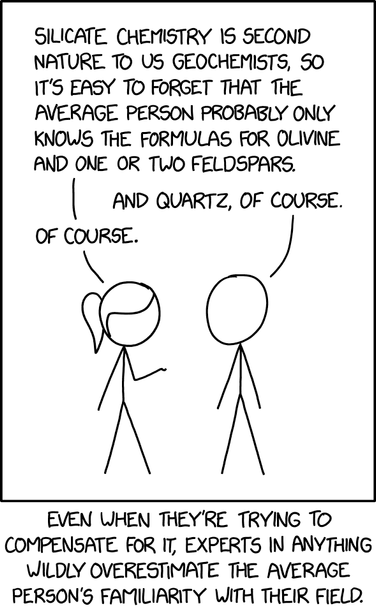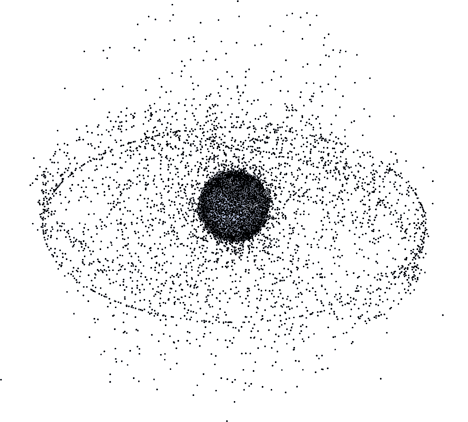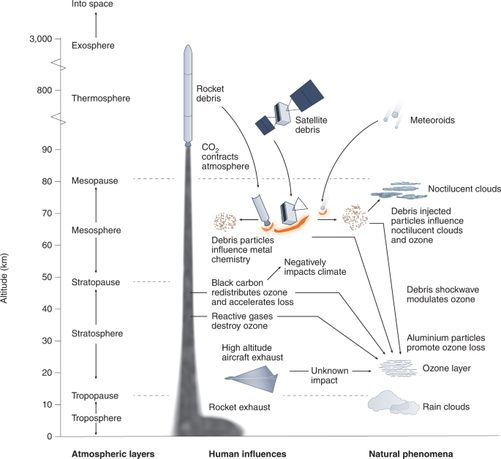So, everyone worrying about the Venus probe reentry: yes, it's not designed to burn up in the atmosphere, and that's bad.
But, remember Starlink? There's something like one Starlink per day reentering now, and they weigh more than the Venus probe! SpaceX says they will burn up completely, but now one Starlink piece has been discovered in my province. (And if they don't make it to the ground, that means that half-ton of metal and plastic is deposited in the stratosphere instead. Yum).

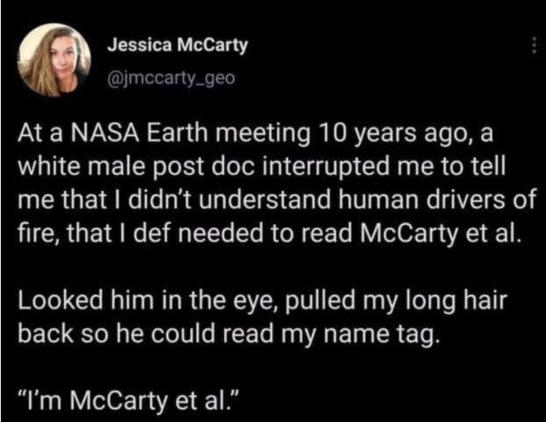
 🏴☠️
🏴☠️